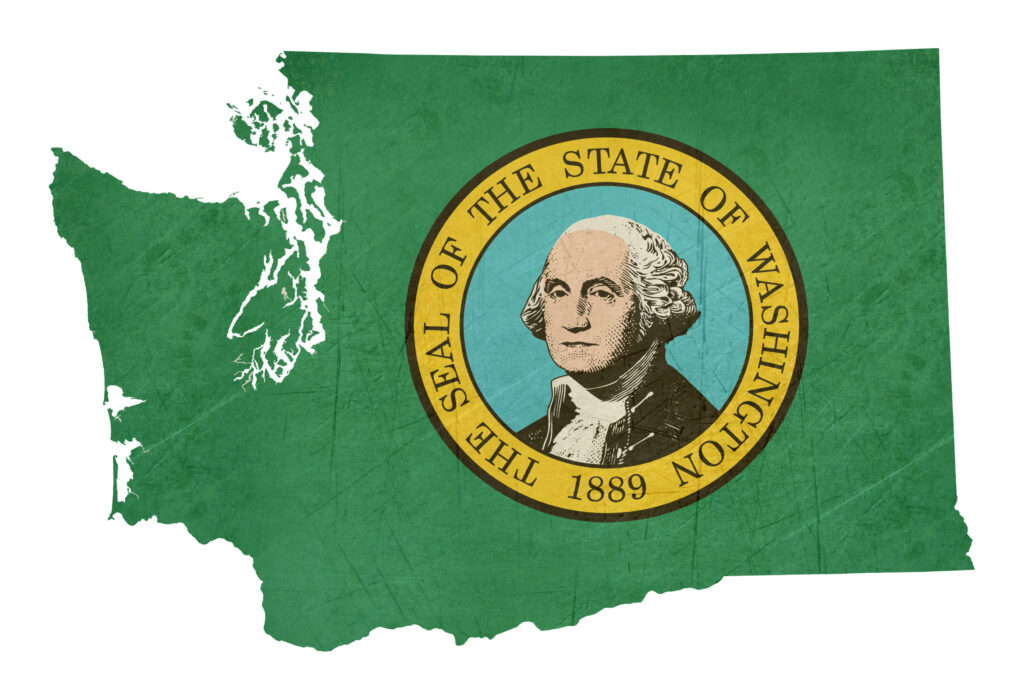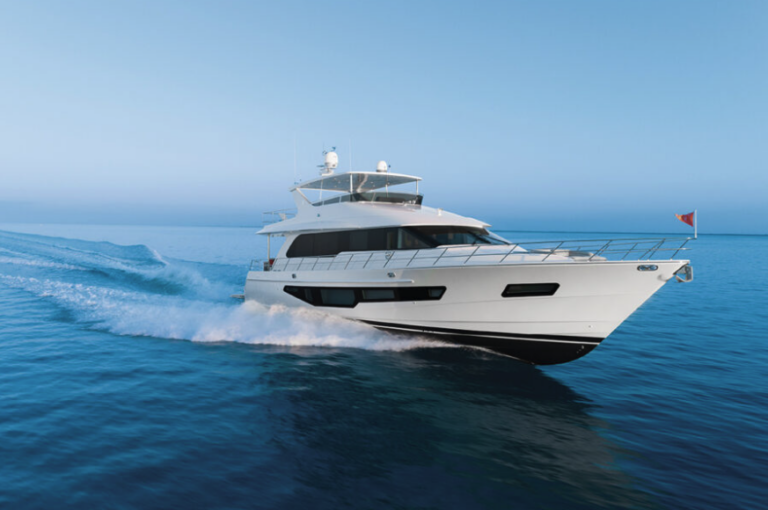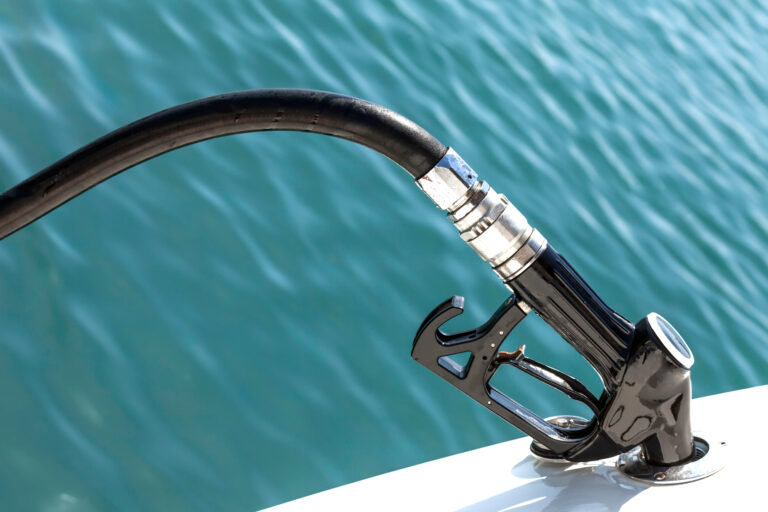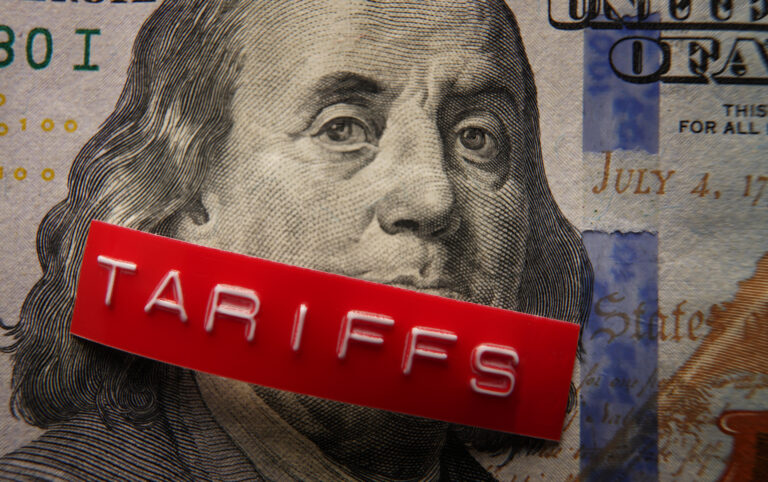
Lawmakers in Washington state, seeking to address a budget shortfall, have proposed a luxury tax that would add 10% to the value above $500,000 on sales of boats and yachts.
“This proposed luxury tax could kill the whole industry,” said Karli Houlé, executive director of the Northwest Yacht Brokers Association.
Late last week, the lobbyist for the NYBA realized the luxury tax had been added to SB 5801, according to Kevin Blake, a broker at Irwin Yacht Sales in Seattle and a director at NYBA. The nonprofit trade group immediately initiated efforts to raise awareness and urged people to contact lawmakers, citing the damage to the marine industry from the federal luxury tax in the 1990s, as well as continuing problems the industry is seeing in Canada because of a luxury tax that went into effect there in 2022.
“They categorize this as taxing the rich and making the rich pay their fair share. It is the opposite of what it is,” Blake told Trade Only Today. “In 1991, the federal luxury tax was introduced, and it decimated our industry.”
Blake said that because the proposed tax was added so late in the Washington state legislative process, the window to try and stop it is only a few weeks. Opposition is strong, he added, based on an NYBA flash poll. “So far, we’ve got 100% in opposition from our membership,” he said, “and we’ve had the highest number of people responding we’ve ever had.”
There is also confusion, Blake said, because Gov. Bob Ferguson criticized a “wealth tax” that’s also being proposed, and that is likely to be challenged — but that is different from the proposed luxury tax, which is expected to remain.
Leaders from across the boating industry are getting involved. United Yacht Sales, which has offices nationwide, published a list of lawmakers and phone numbers to call. “We request anyone reading this call the following state representatives, no matter where you live, and let them know how this will hurt all of us in the boating industry,” the company said.
In Florida, Hargrave Custom Yachts CEO Mike Joyce said he was working on an email blast. Blake told Soundings Trade Only he has a Washington client reconsidering plans to purchase a Hargrave. “He’s in the $3 million range, so it’s going to affect him a lot,” Blake said. “That’s at least another $250,000, and he’s like, ‘I don’t need that.’ ”
Joyce said there are only two possible reasons that lawmakers would consider a luxury tax.
“Either they’re trying to punish rich people, or they actually think this is going to raise money, and they actually believe it because they don’t know history and what happened,” he told Trade Only Today. “They’re about to do something stupid, and what’s going to happen is that for 24, maybe at the most 72 hours max, the rich guy will be upset. After that, thousands and thousands of people in the state are going to lose their jobs.”
In New Jersey, at Viking Yacht Co. — whose owners set a boat on fire in Rhode Island’s Narragansett Bay as part of its campaign against the federal luxury tax in the ’90s — company officials were also calling Washington state lawmakers.
“Viking, at that time, was at almost 1,500 [employees], and they went down to 80 in a matter of like two years,” John DePersenaire, Viking’s director of government affairs and sustainability, told Trade Only Today. “Across the industry, it was something like 100,000 boatbuilders laid off, jobs lost, sales went down by about 77%.”
In Washington, Blake said, boat buyers who want to continue with their purchases are already talking about how to take their money elsewhere.
“We have a boat that’s under new construction through Irwin Yacht Sales for $5 million,” he said. “The owner said, ‘I see the luxury tax is going to be implemented in Washington state. How does that affect me?’ We say, ‘You’re going to be taxed on $4.5 million, an additional 10%. You’re going to have to pay another $450,000.’ He said, ‘What if I take delivery of the boat in Florida instead of Washington? They have a flat tax on boats of $18,000.’ We said, ‘Absolutely, you can do that, but we didn’t think you wanted to take it on the East Coast.’ He said he talked to his wife and they thought it would be fun to do Florida and the Bahamas for a few years and wait for this luxury tax to fail.”
The state is now poised to lose not only revenue from that boat’s sale, Blake said, but also from years’ worth of marina fees, repairs, shoreside spending and more.
“It’s just a very sad situation that in a matter of two minutes, all of that revenue gets transferred to another state,” he said. “People purchasing the boat have a choice, and it’s going to be their choice not to pay this luxury tax.”











